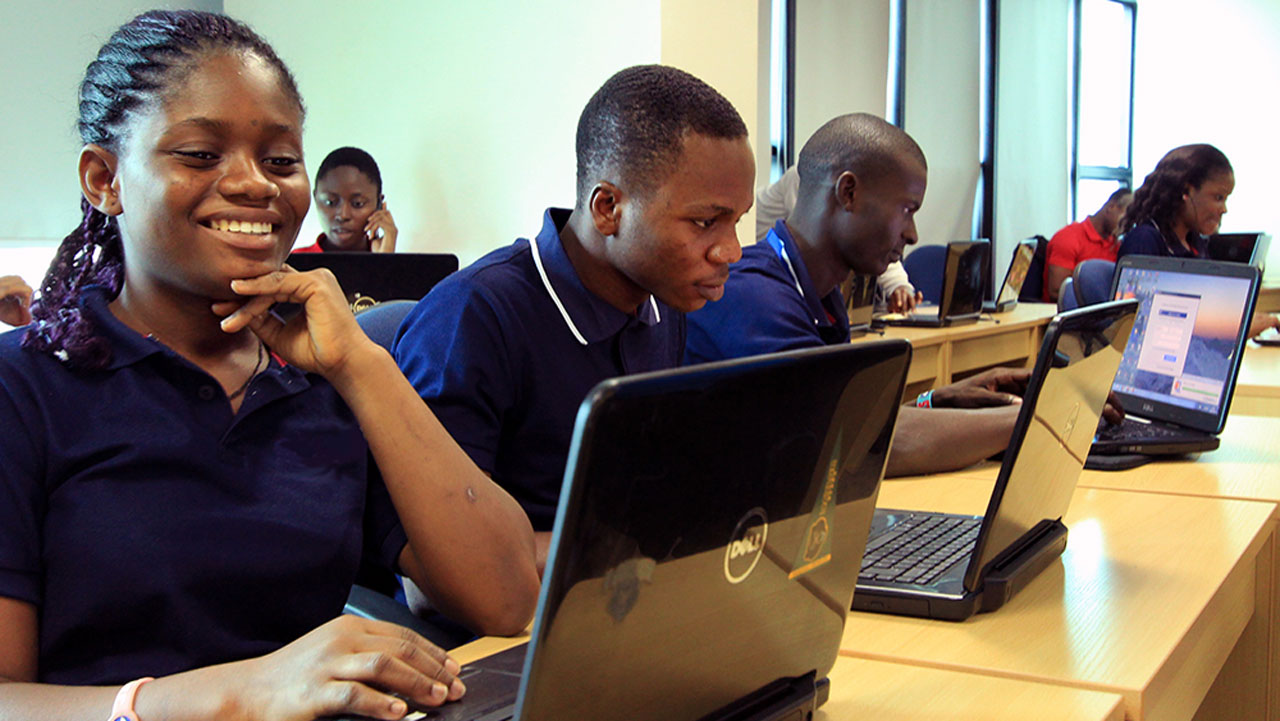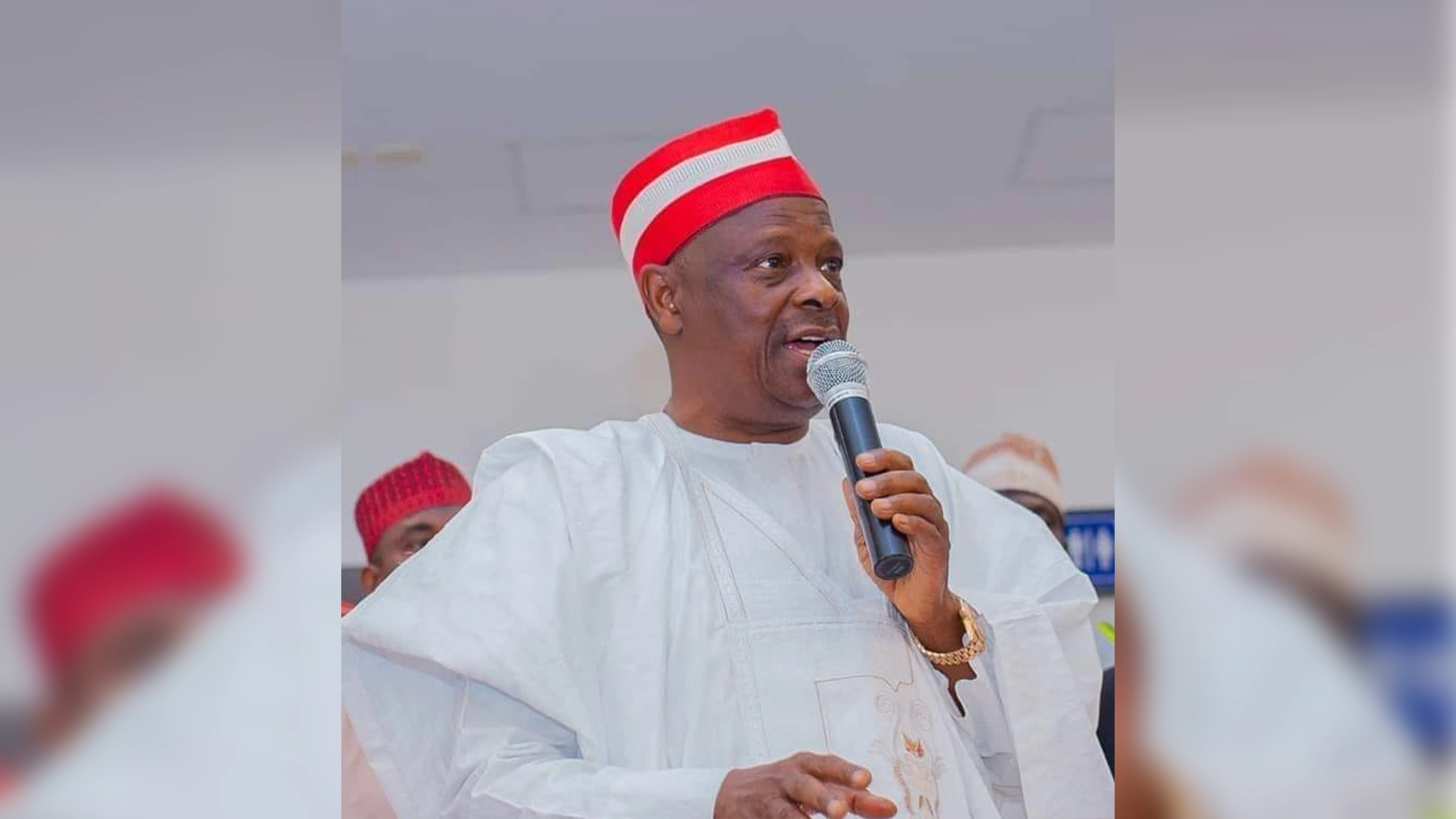
The federal government’s decision to allocate N10 billion for online learning in secondary schools has elicited mixed reactions among stakeholders. While some applauded the decision saying it would enhance digital education and promote inclusivity, others argued that it could become an avenue to loot public funds.
For some stakeholders, the decision is a significant step towards bridging the gap in accessing qualitative education, especially in remote or underserved areas where traditional classroom learning may be challenging.
A Professor of Linguistics at the National Open University of Nigeria (NOUN), Christine Ofulue, told The Guardian that the initiative is expected to improve learning outcomes, increase students’ engagement, and develop essential skills for the digital age.
Besides, Ofulue noted that investment in digital education will enable teachers upgrade their skills and adapt to new teaching methodologies, ultimately enhancing the overall quality of education. Noting that online learning is the way forward for education, Ofulue said students, who will be the workforce of tomorrow, must be acquainted with it.
An educationist, Dennis Ezeh, also applauded the move, saying the initiative would enhance accessibility, affordability, and quality of education for secondary school students. Ezeh noted that with this development, Nigeria is poised to join the league of countries leveraging technology to revolutionise education, ultimately empowering the next generation of leaders and change-makers.
He said: “The initiative will not only empower the next generation of leaders and change-makers; it will help in preparing students for computer-based tests like the Unified Tertiary Matriculation Examination (UTME).”
He, however, noted that effective implementation is crucial to the success of the initiative.
He pointed out that a multi-channel approach, combining digital platforms with traditional teaching methods, can help reach a wider audience and ensure that no student is left behind.
Besides, Ezeh stated that investing in teacher training and digital infrastructure is essential to supporting the transition to online learning. Ezeh said with the move, Nigeria would join countries like the United States, India, South Africa, Kenya, China, South Korea, the United Kingdom, Australia, and Botswana, among others, which have successfully leveraged technology to revolutionise their education system.
In the same vein, a teacher, Uche Nwosu, commended the Federal Government for the gesture, noting that the initiative will not only make learning more engaging and accessible, but also prepare students for the digital age.
However, some stakeholders expressed fears that the funds may be misappropriated, rather than being utilised for its intended purpose. The National Mobilisation Officer, Education Rights Campaign (ERC), Adaramoye Lenin, described the plan as a case of misplaced priorities. Lenin urged the government to address the existing challenge of infrastructural decay before pursuing online education initiative.
“Considering the decaying state that many public secondary schools are in due to years of neglect and chronic underfunding of the sector, it is not incorrect to say this is nothing but a white elephant project that doesn’t address, in any fundamental way, the rot in the education system.”
While students need to be equipped with advanced tools to aid effective learning, the ERC chief noted that the starting point, based on our sad reality, will be to first ensure the construction of well-equipped classrooms, and guarantee a conducive learning environment for students and teachers in line with global standards.
“Spending N10 billion on online learning when schools lack classrooms and basic learning facilities, is nothing but a directionless initiative, which will eventually be a conduit pipe for financial misappropriation,” Lenin stated.
A public affairs analyst, Ifeanyi Nwoko, emphasised the need for transparency and accountability in the management of public funds, highlighting the pervasive issue of corruption in the country. Nwoko noted that the lack of effective oversight and monitoring mechanisms may give room for financial impropriety.
Meanwhile, an education expert, Prof. Francis Egbokhare, has emphasised the need for the Federal Government to revamp digital education, citing outdated policies and practices that need urgent attention.
Egbokhare noted that the country’s current digital education landscape is hindering its ability to provide qualitative education, adding that reforms are necessary to bridge this gap.
The university teacher, who stated this ahead of the third International Conference of Open Distance e-Learning Association of Nigeria (ODeLAN), said the conference, themed: Adaptive pedagogies for the future of education: Connecting learners, technologies, and communities, addressed the need to overcome inherited traditions and inefficiencies in distance learning.
Egbokhare said the sector is in dire need of a transformative shift on how digital tools could be integrated into the learning process. He said a comprehensive overhaul is necessary to harness the full potential of technology in enhancing educational outcomes.
This, he noted, involves rethinking existing infrastructure, teacher training programmes, and curriculum design to seamlessly incorporate digital tools that facilitate personalised learning, real-time feedback, and collaborative engagement.
“Such a revamp would enable educators leverage cutting-edge technologies, such as artificial intelligence, virtual reality, and learning management systems, to create immersive, interactive, and inclusive learning environments.”
By doing so, Egbokhare said the sector can bridge the digital divide, increase access to quality education, and equip students with digital literacy skills required to thrive in an increasingly technology-driven world.






